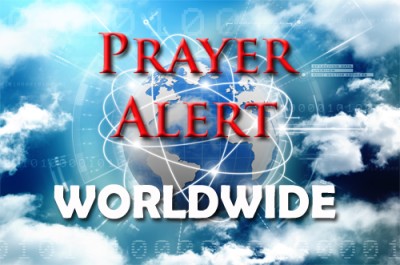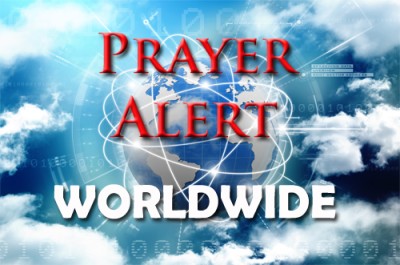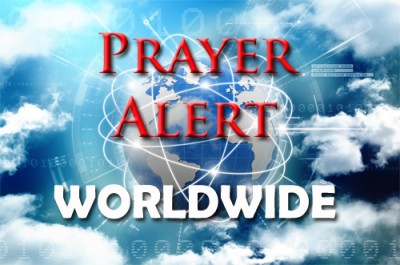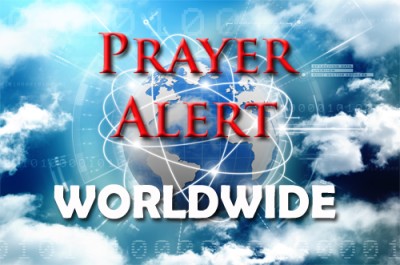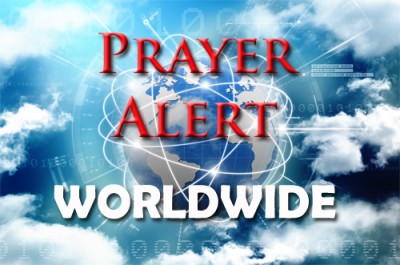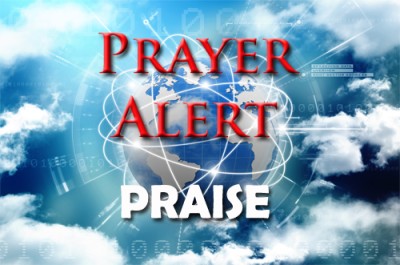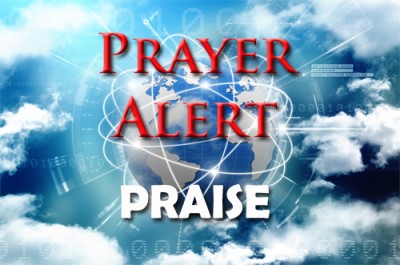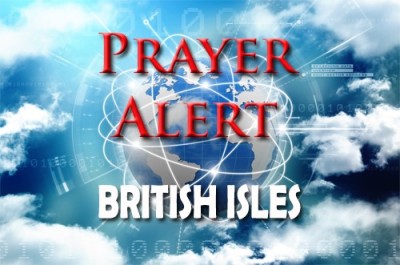An Israeli airstrike on central Beirut, targeting a building connected to Hezbollah’s health unit, has killed at least six people and wounded seven more. On 28 September another airstrike on the city resulted in the death of Hezbollah's leader, Hassan Nasrallah, and Israel has now launched a ‘limited’ ground offensive in southern Lebanon against Hezbollah. The two forces are currently engaged in fierce combat, with casualties on both sides. Caretaker prime minister Najib Mikati has said that about 1.2 million Lebanese have been displaced by Israeli attacks. Meanwhile, on 1 October Iran launched 180 missiles against Jerusalem, with remarkably few casualties, and Yemen’s Houthis and armed groups in Iraq have launched attacks in the region in support of Hamas in its war with Israel in Gaza.
The Amazon is experiencing a huge environmental crisis; fires have ravaged over 62,000 square kilometres of forest, exacerbated by Brazil’s most severe drought. The fires, usually deliberately started by loggers, miners, and farmers seeking land, are decimating the region. Raimundinha, who leads an indigenous firefighting brigade, has warned: ‘If these fires continue, we indigenous people will die’. Respiratory issues are already affecting her family, and the fires are increasingly encroaching on lands which in theory are protected by the government. The drought has not only fuelled these fires but also drained rivers, making daily life for some nearly impossible. With dwindling resources and rising temperatures, the situation in the Amazon highlights the fragile balance between human activity and environmental conservation, as well as the catastrophic effects of climate change.
On 1 October, in a televised speech to mark Nigeria’s 64 years of independence, President Bola Tinubu acknowledged the financial struggles and search for meaningful employment faced by many people. He listed security gains and investments in farm machinery among achievements which would help ease economic pressures, and also announced a national youth conference, known as ‘the 30-day Confab’, whose recommendations would be considered and implemented. The president stressed that the government is mindful of future generations and their potential to contribute to the nation’s progress. However, protests against the current economic hardships have taken place in several states, reflecting discontent among citizens. Some expressed disappointment with the lack of concrete measures to reduce inflation and improve living standards. Tinubu defended his economic reforms, which have pushed the inflation rate to a 28-year high.
According to the IPC, a world hunger watchdog, nearly 48% of Haiti's population faces acute food shortages. Over five million people are enduring ‘high levels of acute food insecurity’ from August 2024 to February 2025. Armed gang violence, rampant across Haiti, is a major factor contributing to the crisis. Despite international interventions and the appointment of a new government, the gangs currently control 80% of Port-au-Prince and key roads leading to the north and south of the country. The difficulties have led to high Inflation, with food costs now consuming up to 70% of household expenses. The lingering impacts of natural disasters like Hurricane Matthew and the 2021 earthquake further exacerbate the situation. A UN-backed mission led by Kenya has made some progress, but the IPC has warned that the overall crisis will likely worsen in the next eight months.
A devastating monsoon downpour in Nepal has led to severe flooding and mudslides, claiming over 200 lives, injuring 127, and leaving 56 missing. Rescue operations successfully saved over four thousand stranded people. However, despite warnings of more heavy rains, the prime minister admitted that he had not anticipated such flooding in Kathmandu. One critic has said that the government ‘miserably failed to not only protect people’s lives but also, according to its admission, to coordinate the resources and manpower to save them’. Even the mayor of Kathmandu struggled to mobilise resources effectively. Critics have called for a more robust disaster management strategy by revitalising the national disaster management authority, allocating resources, and involving experts. Disaster prevention and management must be a top priority, transcending political lines, to protect the nation from future crises.
Hans Schmidt, a street preacher and military veteran, was shot in the head while sharing the Gospel in Arizona. Unaware of the gunshot, he drove to his church, Victory Chapel, with blood streaming down his face. On the way to the hospital, he suffered a seizure and became unconscious. Doctors gave little hope, telling his wife Zulya that the outcome looked grim. They expected death, and detectives even spoke of an autopsy. However, prayer warriors across the nation began interceding for him. Hans was placed in a medically-induced coma and remained unresponsive for a month. Then, miraculously, he woke up and spoke. His wife was astonished and overjoyed. Against all odds, he fully recovered, returned to his family, and resumed playing the drums at church. He has also forgiven his assailant, who was never found. Now, he continues preaching the message of God’s love, focusing on the importance of forgiveness.
A four-year-old boy, whose life support was withdrawn after doctors at King’s College Hospital in London declared he was certain to die, has miraculously improved. Despite his Christian parents’ pleas to continue treatment or transfer him to a Vatican-backed hospital in Italy, the High Court ruled in favour of ending life support. However, contrary to medical predictions, the boy has returned home, breathing on his own, no longer reliant on life-sustaining machines. He is 'thriving’, smiling, and enjoying life with his family. The judge who had initially authorised the withdrawal of life support reversed his decision after visiting the boy and reviewing his remarkable recovery. The case has raised complex ethical and legal questions, with doctors and the court acknowledging that medical science does not fully understand every case. The boy, who was born deaf and blind, survived despite two heart attacks caused by a brain infection. His story highlights the unpredictable nature of medicine and the resilience of the human will to live.
A system error has led to the mistaken early release of 37 prisoners jailed for breaching restraining orders, sparking serious concerns about public safety. The issue arose because some offenders were incorrectly logged under outdated legislation, which meant that they were included in the government's early release plan. While most of the prisoners have been returned to custody, five remain at large. Victims have been notified of the error, and the Ministry of Justice (MoJ) has halted further releases affected by this issue. Although some expressed alarm at the potential danger to domestic abuse survivors, the MoJ reassured the public that actions are being taken to prevent future errors and return the remaining offenders to custody. The early release scheme was designed to alleviate overcrowding in prisons, but the mishap has raised critical concerns about the system’s reliability.
